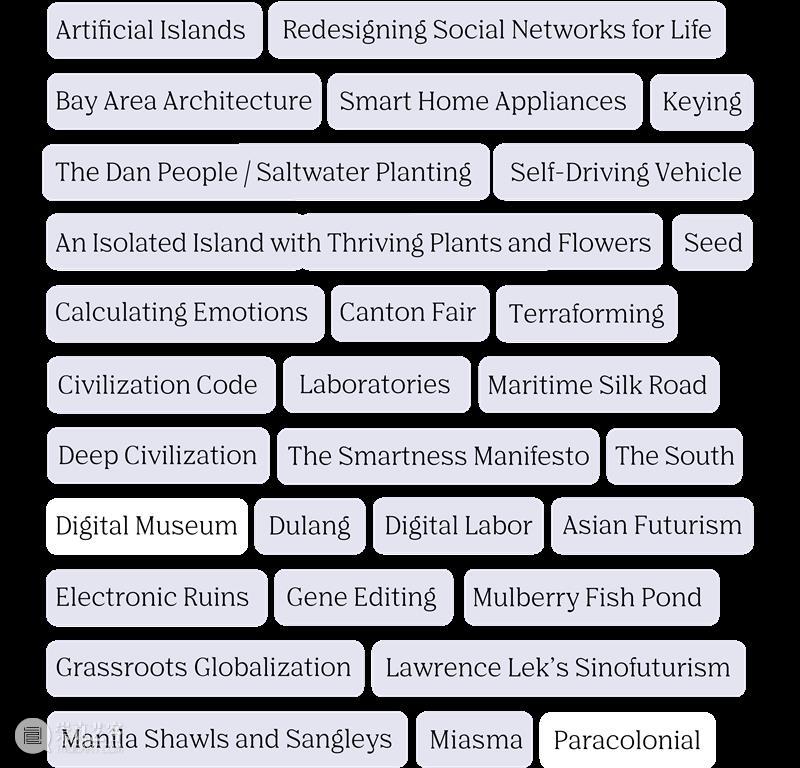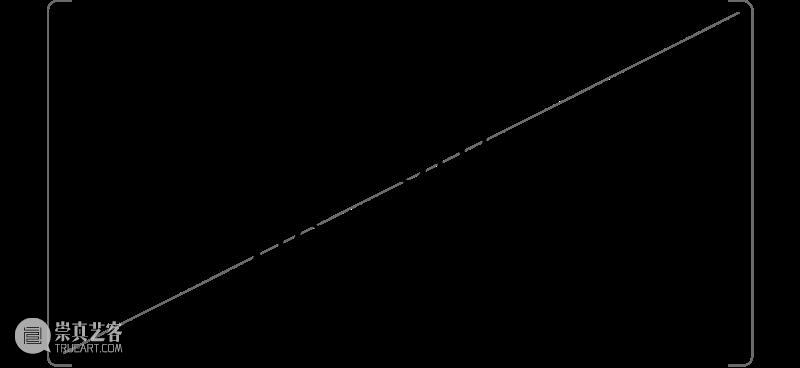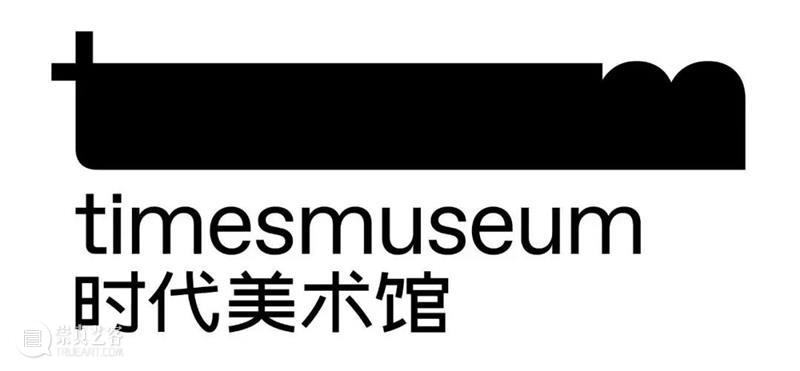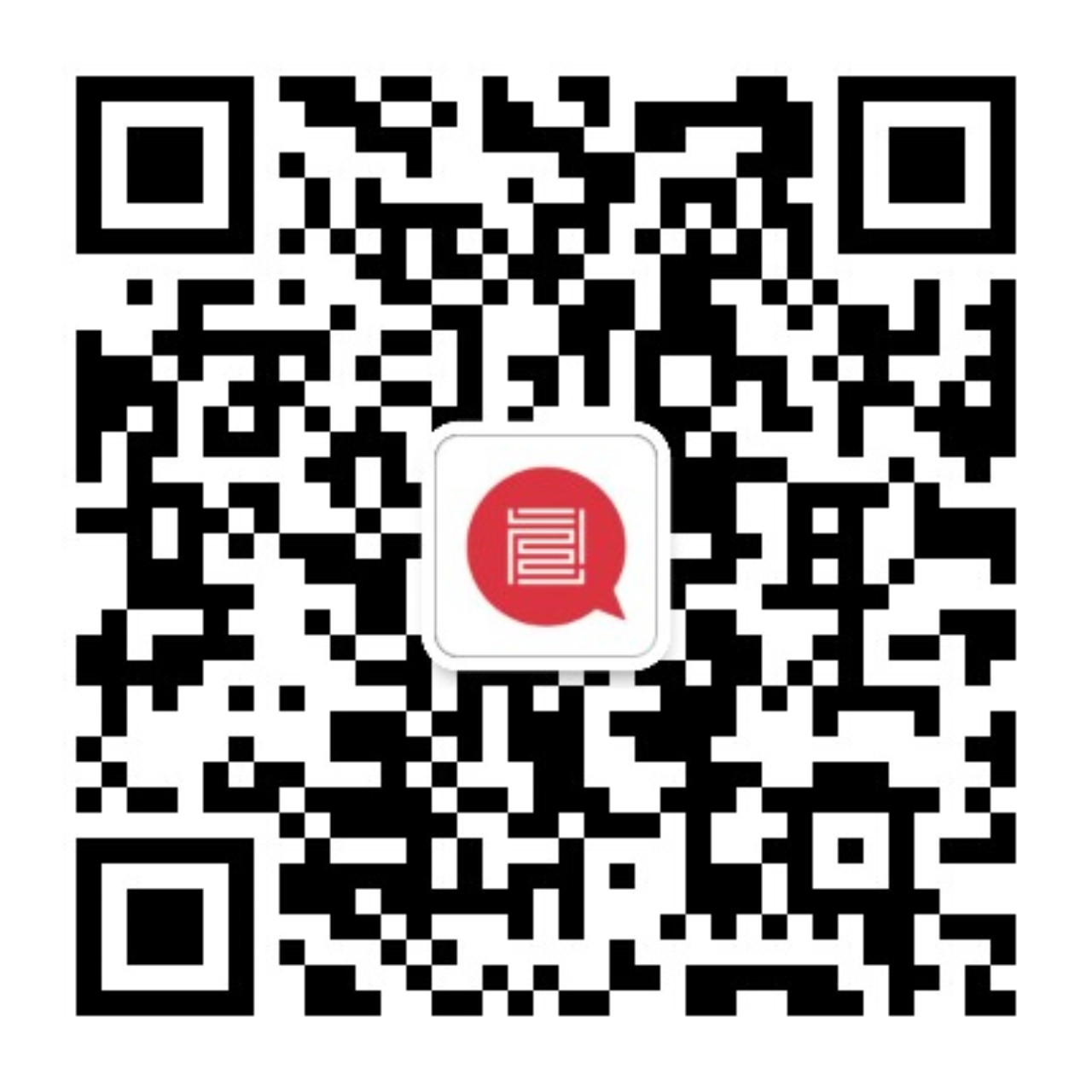



The paracolonial refers to any fluid, indeterminate relationship of domination and expropriation. These phenomena are particularly closely related to the processes of digitization and democratization. In the history of display and politics, museums are firstly one of the important symbols of democratization, which have changed significantly in the digital era. In their current stage of development, digital museums generally digitize the museum's existing spaces and functions and expand their reach with online communities. Here, digitization is simply a tool of simulation. Museum "spaces" have never been built entirely digitally because the meaning and potential of digital technology has been formed and even generated within the contexts of rapid industrialization and "smart" lifestyles. Because it is oriented toward news and communities, it plays a role in society and politics. What the digital transforms and creates is primarily an immersive virtual hologram site, or an embedded site that is both simulated and virtual. Different kinds of sites can produce new consciousness and new communities. In this sense, if we see the digital museum as the generation of an all-new site, it is certainly an ecosystem in which the paracolonial and dis-colonial are presented and simulated and are able to struggle against each other. When we engage with digital museums through the relationships among art, artists, works of art, curatorship, art workers, and museums—namely, the flows of goods, people, information, capital, technology, consciousness, and power—the museum is revealed as a site of cosmotechnics. In engaging with digital construction and generation, we can offer corresponding dis-colonization proposals for the various paracolonialisms derived from this "fluid" site. (For more, see "Paracolonial" ).

First and foremost, the paracolonial marks the consciousness shift from the "colonial" (or post-colonial) to "coloniality." Following the democracy movements of the twentieth century, the controlling relationships of "colon-," to a certain extent, transcended the economic and political domination of nations or ethnicities, or the cultural domination discussed in late-twentieth-century post-colonial theory. However, those relationships cannot explain and confront the context of twenty-first-century globalization, with the conflicts that have appeared around the world and the tighter yet more mobile control of money and power.
The paracolonial refers to the relationships governing money and power (namely, coloniality) in the context of democratization and global flows, including certain relationships of control that are derived from the ethical order determined by symbolic frameworks, or relationships of secondary coloniality that hide beneath the controlling relationships. In the minute connections woven into various relationships, these accompanying or latent money-power relationships have come to play a notable role in democratic societies, even creating visible tensions that may be difficult to explain using past concepts of the colonial or post-colonial.
Thus, the paracolonial is a description of relationships governing money and power colored by ideas about ecosystems and cybernetics. "Colon-" is really not a negative quality or action in an ethical sense; it is a dynamic biological phenomenon in organisms and ecosystems. The imbalanced state that results from this dynamic life has created all kinds of oppression and expropriation in human social networks. When humans look at society, institutions, biospheres, and even the Earth, they confront these extremely complex and diverse relationships governing money and power—paracolonial relationship networks. Faced with this plural coloniality, we must create negotiated and buffered spaces in order to dissolve the oppression of coloniality. This is a process of dis-colonization, rather than de-colonization 1 .
1 For more on these ideas, see Gerald Vizenor. Manifest Manners: Narratives on Postindian Survivance. Lincoln: University of Nebraska Press, 1999; Michel Serres, The Parasite, Vol. 1, Minneapolis: University of Minnesota Press, 2013; Félix Guattari, The Three Ecologies, Bloomsbury Publishing, 2005; and Chien-Hung Huang, Fragments on Paracolonial, Taipei: The One Production Studio, 2019.


HUANG Chien-Hung was born in Kaohsiung, Taiwan, he graduated from Tunghai University with a degree in chemistry before moving to Paris. He received his PhD degree in 2004 from the University of Paris 8 Vincennes-St. Denis under the direction of Jacques Rancière with thesis on the theory of the cinema of Deleuze. Since 2005, he has successively taught at the Cinema Department of Shih Hsin University, the Institute of Plastic Art in Tainan University of Art, and the Institute of Interdisciplinary Art of Taipei National University of the Arts as an associate professor. In 2017, he became an associate professor and chairman of Graduate School of Interdisciplinary Arts at National Kaohsiung Normal University. Since 2018, he has been a professor of the Institute of Trans-disciplinary Arts and director of Kuandu Museum of Fine Arts at Taipei National University of Arts.


The "Guangdong-Hong Kong-Macao Greater Bay Area" is a new construction envisioned from a top-down perspective and territorial integration. It is a blueprint for a future urban development based on efficiency, speed, and mobility. What if we conceive the Greater Bay Area as an experiment, an imaginary experiment? On the one hand, there is the question of diversity. When we talk about smart cities, artificial intelligence, automation, ecological crisis, information security, the future of virtual reality, global trade, etc., where does this view of the future come from, and what determines it? On the other hand, a profound political, spatial, historical, and geographical significance is present in the Greater Bay Area. Is it possible to develop a different imagination based on the history and culture of the "Pearl River Delta-Greater Bay Area," meaning to consider a development departing from local knowledge production, negotiating with accelerating technologies, facilitating collaborations between art and other disciplines, and reshaping e the vision of institutions of art and technology? By exploring the diversity of technologies, human and non-human ecologies, and reproduction of social relations, might it be possible to reposition the "Greater Bay Area" as a pioneering experiment of southern China's technological and cultural imagination beyond a mere economic zone?

The Greater Bay Area Keywords Project is an ever-expanding think tank. We have collected 31 keywords from scholars around the world to launch the first round of thought processes. The project is continuously open to submissions worldwide, and we look forward to writers engaging in critical imaginations on culture, geopolitics, and technology around these questions, as mentioned above. Each keyword is illustrated in 300 words in English (500 words in Chinese). Please get in touch with us via email before you submit your manuscript. Once your manuscript is accepted, it will be published in English and Chinese on the Media Lab’s official website. Please find us at medialab@timesmuseum.org
11.8-12.3闭馆布展中
敬请期待
时代艺术中心(柏林)正在展出
“远方,大海在歌唱”,请点击⬇️



已展示全部
更多功能等你开启...





 分享
分享